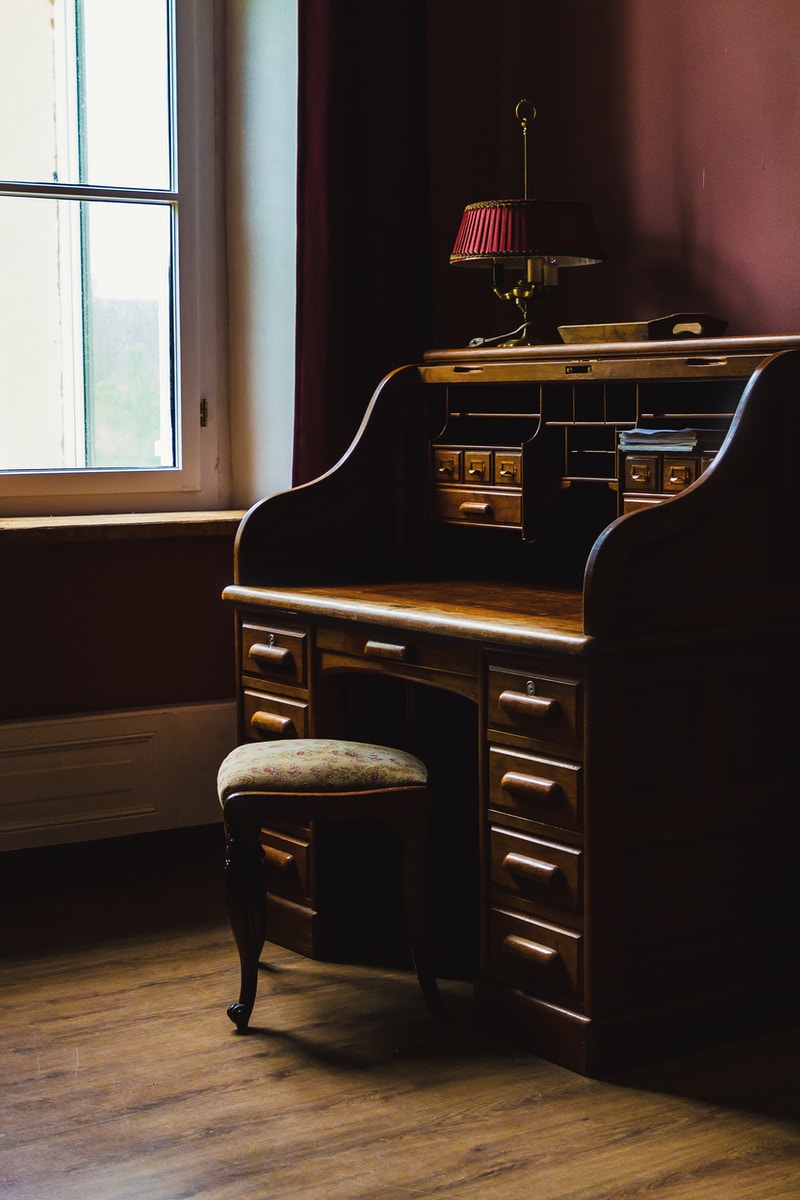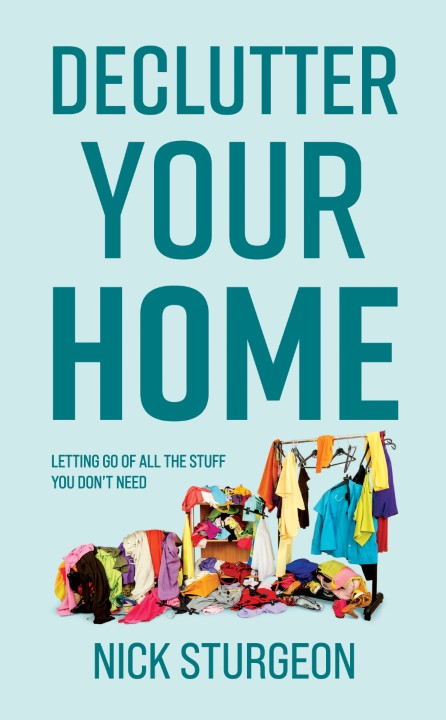The things that find their way into you home from a previous generation are not valuable because of their age, but more so because of the emotional connection you had to the person it once belonged to. This could be something that belonged to one of your parents, or perhaps your grandparents. The personal stories you have had told to you about this person or the documents you have seen which show you something of their life and circumstances, these are just as much pieces of your family history as the physical items that survive in your home.
Let Heirlooms move within Your Family - just because you don't want to hang on to your Uncle Bob's massively heavy two volume collection of The 1938 World Encyclopaedia doesn't mean that you have to throw this away or wait for a few months for it to be listed and sold via an online auction platform. Put the word around that you have this to go to a good home and you might discover a cousin who would love it, with or without any pre-existing good memories of Uncle Bob.
Create a Scrapbook - Gather together some family pictures, from your childhood, or the life of your parents and grandparents. This way you don't have to hang onto hundreds of images, but can find a few dozen pictures, along with marriage certificates, holiday postcards, travel tickets and school reports, to create something which can be cherished and which will trigger plenty of good thoughts on its own.
Let the Item have a New Life - If you decide that the piece is good enough for someone other than yourself to cherish, give thought to where it might be better placed. This could be with a family member, friend or someone whom you know would appreciate it and give it a good home. The item could help them set up home, downsize when they are starting over or simply be a gift they would appreciate to cheer up an aspect of their dwelling.
Mortality and More - When my Grandpa on my Mum's side bought himself a writing desk, a bureau to be more accurate, it was 1927 and he was not yet married. So much of his life was ahead of him. He had not met my grandmother. Fast forward ninety plus years and I have that bureau as my own writing desk now. I never met John Harris. But his widow was my Grandma Alice and I loved visiting her. When she passed away the desk came to my Mum, and as a preschooler I was fascinated by the closing front cover and it's hinges, by the spiral turned legs. I loved the little felt lined drawers and the leather cover of the desk. The smell of the bottles of ink and the balance of the pens inside it all drew my attention. During my senior school years I did my homework on the leather top surface of the opened bureau. This piece of furniture has lived in four houses and served several generations of our family. Previous owners are long since dead and buried and I think sometimes about what will happen to this piece of furniture going forward with my own demise. Will one of my sons want it for their own place? He doesn't need it while he is at university. He may not have space for it in his first home. He might just not want it.
You see the problem here in this simple example of a piece of wooden furniture that has so much more history now than when a young bachelor called John Harris bought it simply because he liked it. We complicate an inanimate object by giving it meaning, by wrapping it with the history we know and the memories we imagine and part recall.
We imbue these possessions with those same magical qualities which I have written of elsewhere and which we gather about us. We do this because we are human and to make sense of the world around us we have to give meaning or significance to everything we see or do. Every small ornament, trinket, or medallion. Each item of clothing or piece of furniture. To everything we add a story. It is how we cope with so much in our lives, to differentiate one thing or experience from another potentially similar item or event. It is precisely because of this attaching of meaning, memory and significance that we find such struggle in letting go of many of the items we have in our homes.
Find ways to identify the stories and the emotions that form some part of your nostalgic connection to your belongings. If you can encapsulate these into your journal and into the photos you take and share, you will find it so much easier to let go of what no longer needs you to hold on to it. By letting something go you allow it a new life and a fresh purpose elsewhere.

